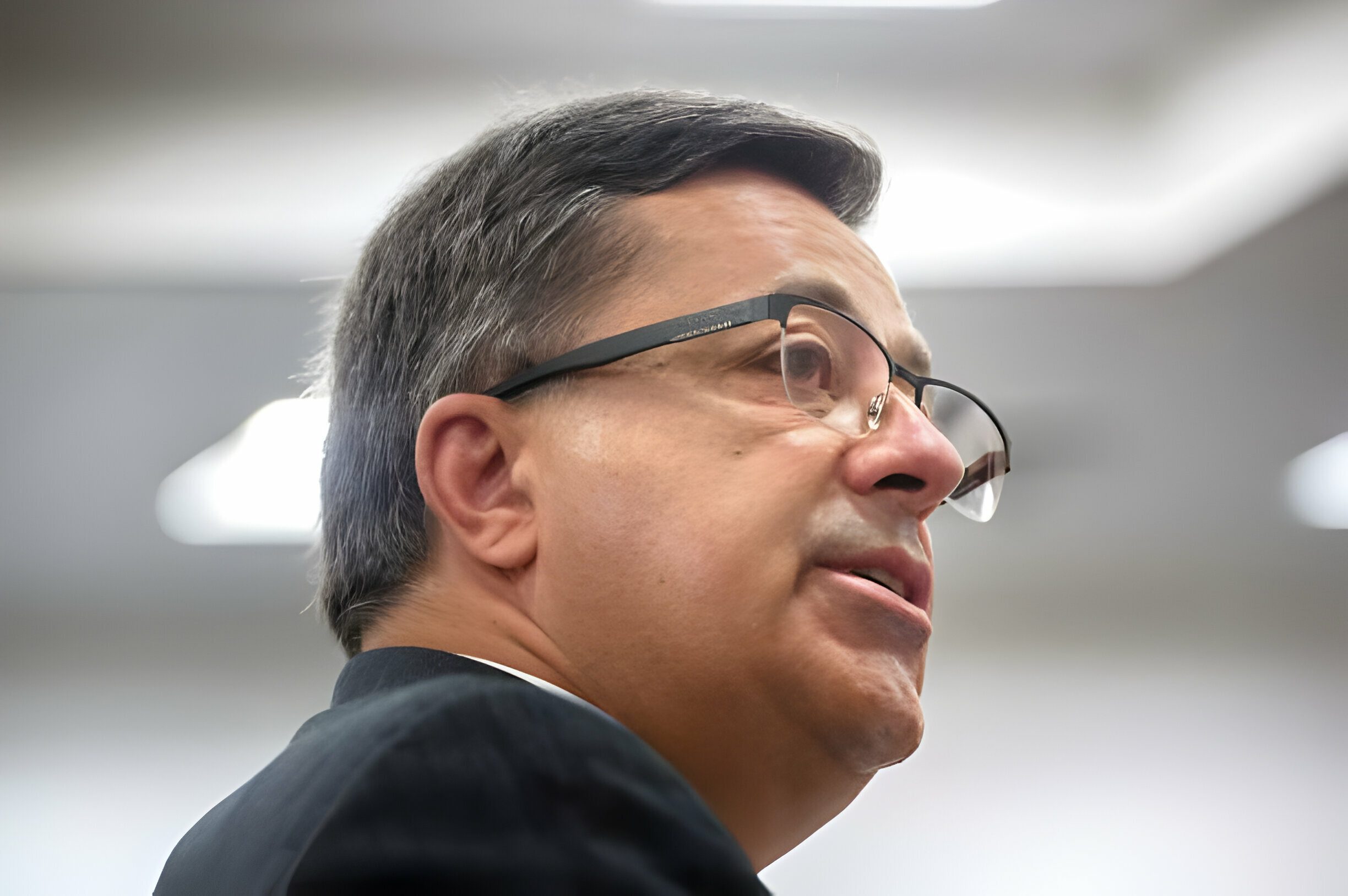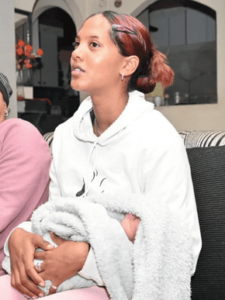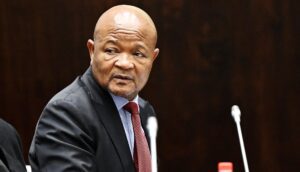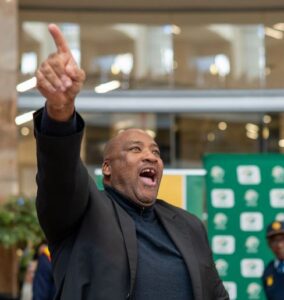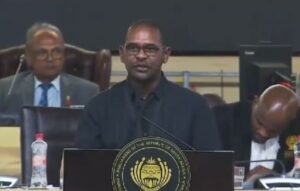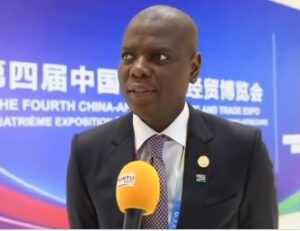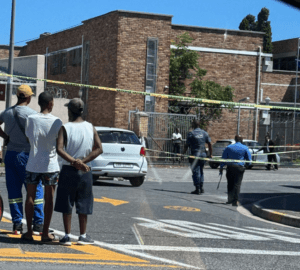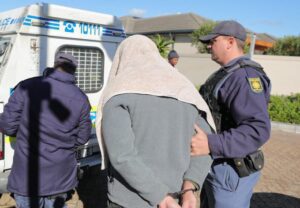Markus Jooste, a name previously synonymous with South Africa’s most significant corporate scandal, has tragically ended his life with a gunshot wound, sources close to the situation have disclosed.
Just a day prior to his death, South Africa’s financial watchdog levied an unprecedented fine on the 63-year-old former CEO of Steinhoff, amounting to R475 million (about $25 million). This penalty was for issuing deceptive financial statements spanning from 2014 to 2017. Amid mounting legal challenges, Jooste faced the potential of being apprehended in South Africa, with an additional fraud-related arrest warrant pending in Germany.
Steinhoff, which held the position of Europe’s second-largest furniture retailer boasting brands such as Conforama in France and Poundland in the UK, found itself in turmoil in 2017 due to accounting discrepancies. This debacle led to a staggering 98 percent plummet in its market value. The following year, creditors assumed control and removed it from the Johannesburg Stock Exchange roster.
Western Cape police spokesperson, Colonel Andrè Traut, revealed that a 63-year-old man had “sustained a gunshot wound” in Hermanus, a picturesque town south of Cape Town, and succumbed to his injuries en route to the hospital. While Traut refrained from naming the individual, he mentioned that “no foul play is suspected,” and an inquiry has been initiated.
Confidential police sources have identified Jooste as the deceased, suggesting the gunshot was self-inflicted.
The Financial Sector Conduct Authority (FSCA) highlighted on Wednesday that Jooste had issued “false, misleading, or deceptive statements” regarding Steinhoff’s operations, engaging in transactions lacking any real financial basis. This deception led the market to overestimate the profitability and financial robustness of Steinhoff International.
In 2019, investigators from PwC uncovered that Steinhoff’s accounts had been artificially inflated through €6.5 billion worth of non-genuine or irregular transactions across a decade. According to PwC, “a small group of Steinhoff Group former executives and other non-Steinhoff executives, led by a senior management executive,” orchestrated these schemes, significantly overstating the company’s financial health for years. It was later confirmed to parliament by Steinhoff’s board that Jooste was the executive in question.
Following the scandal, Jooste stepped down from his role and was subsequently reported to South Africa’s anti-corruption authorities by Steinhoff.
Who was Markus Jooste?
Markus Jooste was a prominent South African businessman, best known for his role as the CEO of Steinhoff International, one of the largest global furniture and household goods retailers. His tenure at Steinhoff was marked by rapid expansion and significant success, positioning the company as a leading entity in the retail sector, particularly in Europe. However, Jooste’s career and reputation took a dramatic turn in 2017 following revelations of accounting irregularities within Steinhoff. This scandal, often referred to as South Africa’s largest corporate fraud, revealed billions in fictitious or irregular transactions that significantly inflated the company’s profits and asset values over many years.
Jooste resigned abruptly in December 2017 as the scandal broke, leading to a massive collapse in Steinhoff’s stock price, which wiped out a significant portion of the company’s market value. Following his resignation, investigations were launched both in South Africa and abroad, uncovering extensive financial mismanagement and fraud. Jooste became the focal point of these investigations, facing allegations of his involvement in the fraud and subsequent legal challenges, including the potential for arrest in South Africa and an outstanding arrest warrant for fraud in Germany.
Despite his previous status as a celebrated executive in the corporate world, Jooste’s legacy is now overshadowed by the scandal, leaving a mark on his personal and professional life that culminated in his tragic death from a gunshot wound, under circumstances suggesting it was self-inflicted. This event not only highlights the personal toll of the scandal on Jooste but also serves as a stark reminder of the severe implications of corporate fraud.
What Does This Mean for Corporate Governance?
In the wake of such profound incidents, questions emerge about the broader implications for corporate governance and accountability. How will this tragedy influence the approach towards financial transparency and ethics in the corporate realm? Moreover, what steps can be taken to ensure such a catastrophic failure in corporate governance does not recur?

